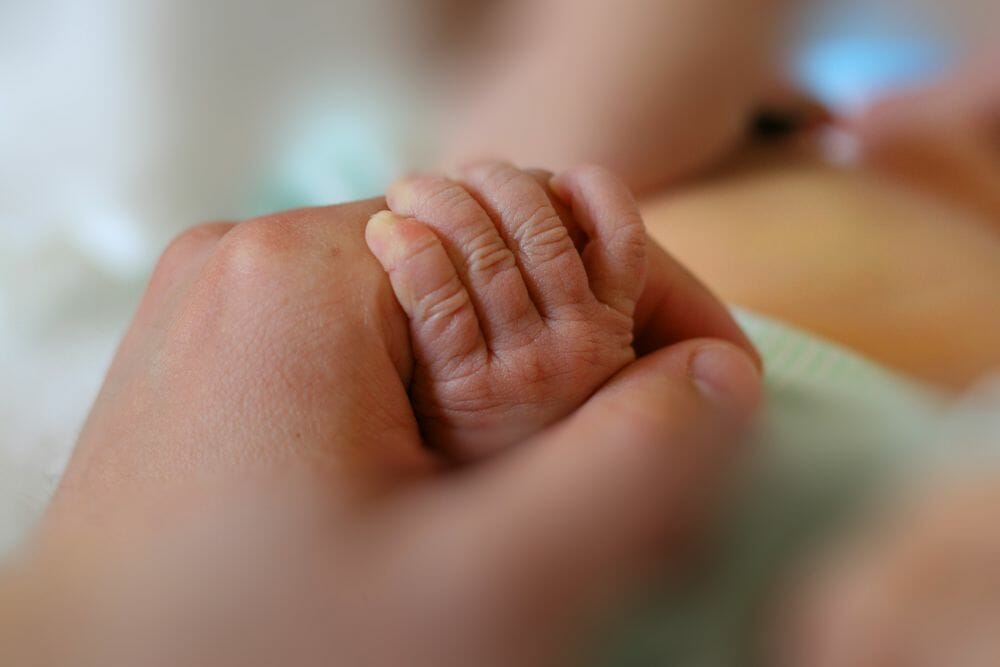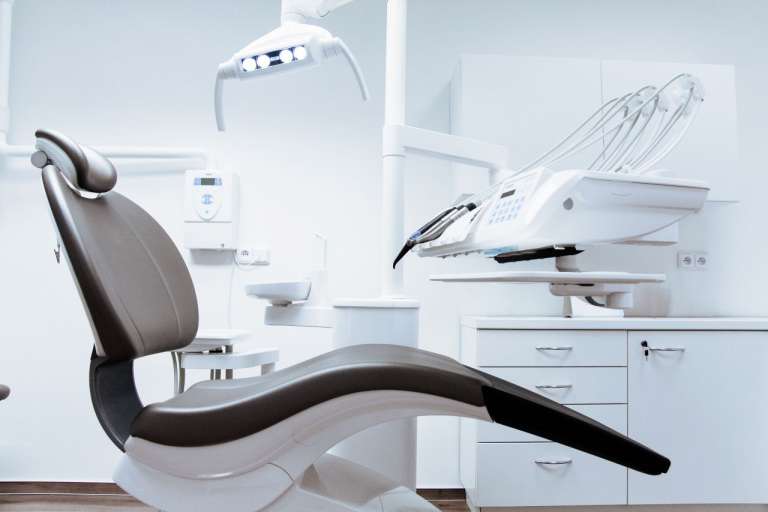A study published in the journal ‘Human Reproduction’ has shown that genetic embryo screening before IVF improve chances of having a baby.
Research suggests that pre-implantation genetic testing (PGT), which can cost up to £2,000 per IVF cycle, makes no difference to women’s chances of successfully having a baby.
PGT is offered as an add-on by many clinics, who claim it gives women the best chance of success by screening out embryos with genetic abnormalities.
But the major international study, which included hundreds of women between the age of 36 and 40, found no difference in their chances of giving birth within a year after having PGT or IVF on its own.
Genetic screening takes material from eggs at the earliest stage of embryo development and tests for abnormalities in the chromosomes which carry DNA.
Humans have 23 chromosomes and having more or fewer than this is a common issue in sex cells that gets worse with age – affecting over 50 per cent of eggs in women over 40. These abnormalities are the main cause of miscarriage and a major reason why some embryos produced using IVF don’t lead to successful pregnancy after being transferred.
The study, which followed 396 women across nine fertility centres in seven countries, randomly allocated half the participants to have either abnormality screening through PGT, or just IVF.
The number of women who had a live birth within 12 months of the study was identical in both groups, at 24 per cent. It did, however, find that women who had PGT screening were significantly less likely to have a miscarriage.
UK fertility watchdogs are highly suspicious of inflated success rates being advertised to UK couples, which some overseas groups claim are as high as 98 per cent.
Jan Brosens, an obstetrics and gynaecology expert at the University of Warwick, who was not involved in the study, said; “All too often couples requiring IVF treatment are taken for a ride when it comes to a bewildering array of unproven tests and adjuvant treatments,”
“This smartly designed and well conducted study was designed to give couples clear-cut information on whether PGT-A increases the chance of having a baby within one year.
“The answer is no.”





